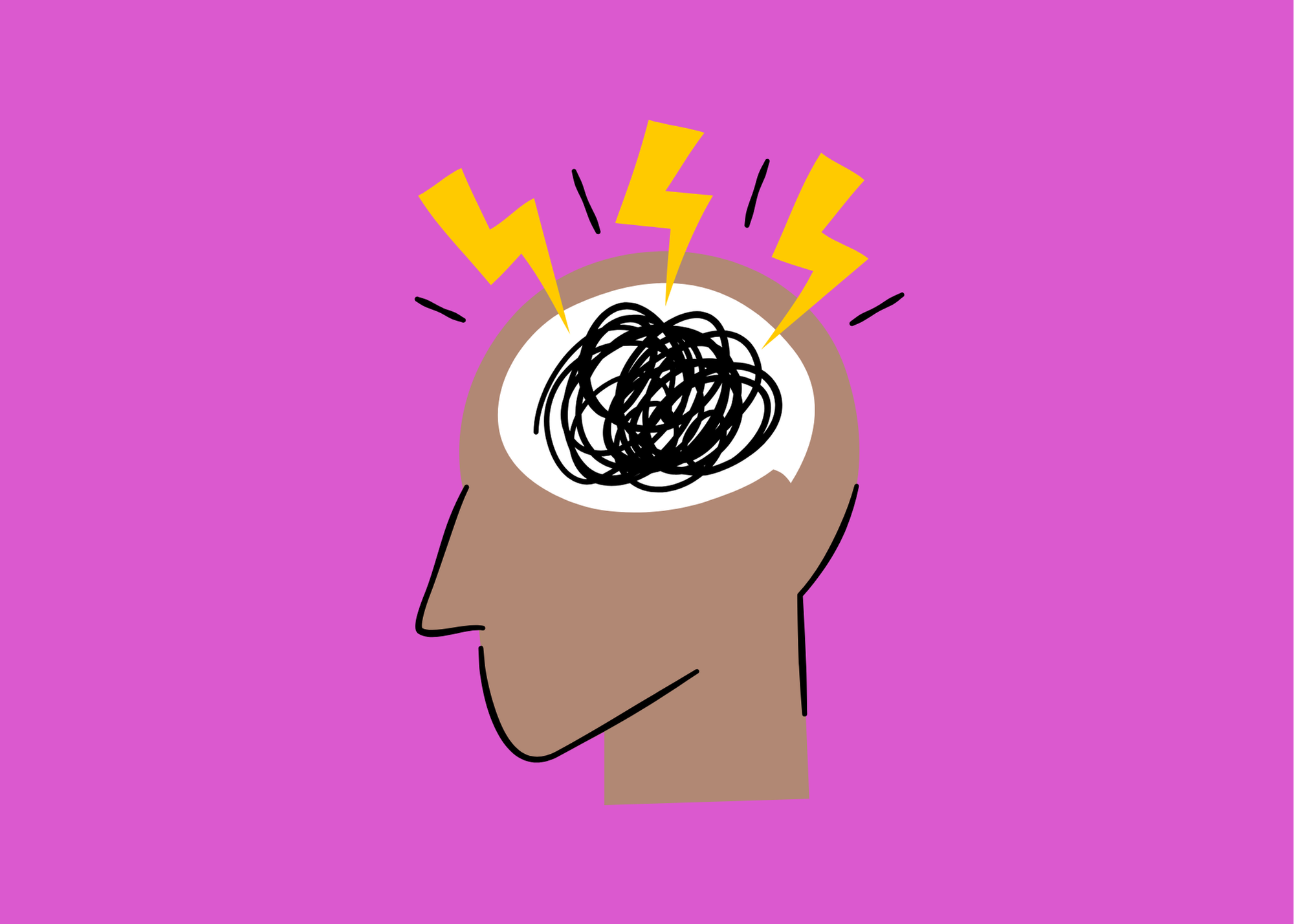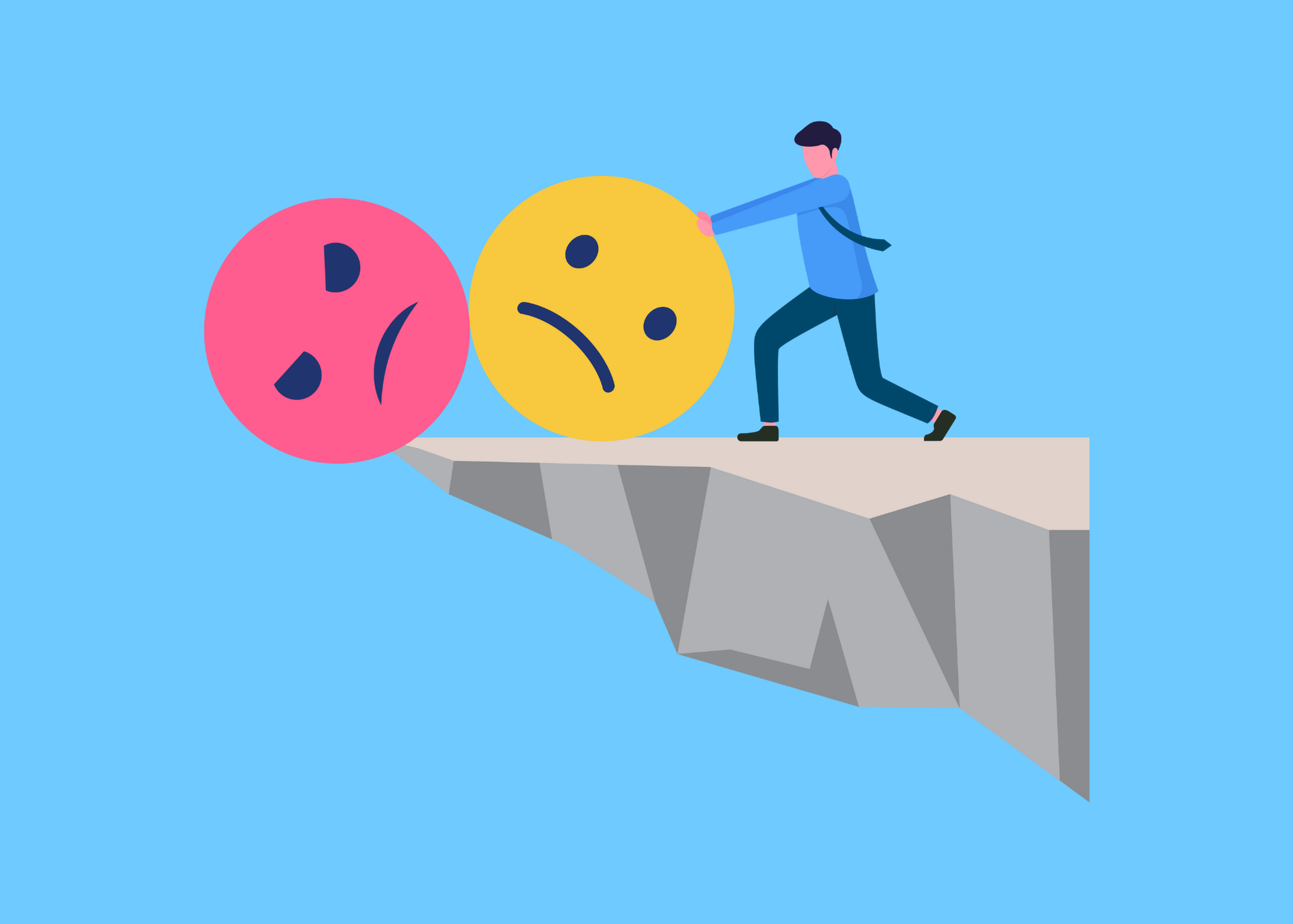You Took a Wrong Turn. Got Away From Yourself. You Can Always Come Back.
Come home to yourself, again and again. As many times as needed.
We spend a lot of time talking about personal identity—about finding yourself, discovering who you truly are. For some, that revelation comes late in life, after years of living according to other people’s standards.
But what about those who figured it out early? Those who were unapologetically authentic—until they weren’t? Until life, stress, burnout, or sheer exhaustion sent them veering off course, far from the person they once were.
If that’s you, here’s the good news: You can always come home to yourself.
Losing Yourself is a Slow Drift Rather Than a Dramatic Moment
Losing yourself doesn’t always happen in one big, dramatic moment. More often, it’s a slow drift—so gradual you don’t even realize how far you’ve gone until you look up and don’t recognize where you are.
Here’s how it happens:
Chronic Stress and Burnout – When you're operating in survival mode, your brain prioritizes short-term decisions over long-term alignment. You start making choices based on what’s easiest in the moment rather than what’s best for your future self.
Decision Fatigue – Constantly making high-stakes decisions can wear down your ability to think clearly. Suddenly, you’re saying yes to things you would’ve once declined, and you’re agreeing to responsibilities that don’t align with your values.
External Pressures – Promotions, family obligations, financial stress—these can nudge you onto a path that looks good on paper but feels completely wrong in practice.
Midlife Reassessment – Maybe you spent your 20s and 30s chasing goals that once mattered but no longer fit. Or maybe you thought you built the life you wanted, only to wake up one day feeling disconnected from it all.
People-Pleasing & Over-Functioning – If you’re the go-to person for solving problems, it’s easy to start living for other people’s needs and expectations. Over time, you forget what you actually want.
Realizing You Don’t Feel Like “You” Anymore
One day, you realize: You don’t feel like yourself anymore. Maybe you feel emotionally numb, restless, or detached from things you once cared about. Maybe you’re burnt out, running on autopilot, or just exhausted from trying to keep up with a life that doesn’t quite fit anymore.
This moment can be jarring. But it’s also an invitation: The moment you recognize you’ve drifted away from yourself is the moment you can start coming back.
How to Find Your Way Home
Coming back to yourself isn’t about “fixing” what went wrong. It’s about reconnecting with who you actually are—with your values, your priorities, and the version of yourself that feels the most real.
1. Pause & Acknowledge Where You Are
Before you make any drastic changes, stop. Sit with it. Acknowledge how far you’ve wandered—not with judgment, but with clarity. You can’t change what you don’t acknowledge.
2. Prioritize Safety & Healing Before Solutions
If you’ve been burning yourself out, the answer isn’t another massive life overhaul. It’s rest. It’s recovery. Before you start plotting your next big career move or life pivot, focus on stabilizing your nervous system. Prioritize sleep, movement, nourishment, and stress management. You can’t make aligned decisions from a place of depletion.
3. Rediscover Your Core Values
Your values are your internal GPS. If you feel lost, it’s because you’ve been making decisions that don’t align with them. Ask yourself:
What actually matters to me now? (Not what mattered ten years ago.)
Where am I out of alignment?
What am I tolerating that I no longer want to accept?
4. Audit Your Life & Cut the Noise
Look at your calendar, your commitments, your routines. What’s draining you? What’s lighting you up? Where are you overextending yourself? The things that feel heavy, misaligned, or obligatory? It’s time to let them go.
5. Make the Hard (But Right) Choices
Coming back to yourself isn’t always easy. It might mean walking away from a job that pays well but eats your soul. It might mean setting boundaries with people who expect the over-functioning version of you. It might mean redefining what success looks like. But remember: The discomfort of change is temporary. The discomfort of staying misaligned lasts indefinitely.
6. Rebuild With Intention
With new clarity comes the opportunity to rebuild. This time, you’re making choices that reflect who you really are, not who you were expected to be. Create a life that feels like home—where you don’t have to contort yourself to fit in.
Final Thoughts
Come home to yourself, again and again. Losing yourself isn’t a one-time thing. Life will pull you in different directions. Stress will cloud your judgment. Burnout will make you compromise in ways you never thought you would. But every time, you have the choice to return home.
And when you do, you’ll come back wiser, stronger, and more certain than ever before.
So if you’ve taken a wrong turn? If you’ve lost yourself along the way?
Take a breath. Look around. And start walking back home.
Article References
The sources cited in the article:
Psychology Today (PT). "Realign Your Life: 5 Steps to Get Control." PT - Realign Your Life: 5 Steps to Get Control
Tiny Buddha. "The Secret to Finding Yourself Again: How to Come Alive." Tiny Buddha - The Secret to Finding Yourself Again
Forbes. “How to Live in Alignment With Your True Values.” Forbes - How to Live in Alignment With Your True Values
Berkeley Wellbeing. "Losing Yourself: Definition & Examples." Berkeley Wellbeing - Losing Yourself: Definition & Examples
Elephant Journal (EJ). “24 Childhood Beliefs that we now realize were Unhealthy.” EJ - Unhealthy Childhood Beliefs
Verywell Mind (VM). “How to Find Yourself if You’re Feeling Lost.” VM - How to Find Yourself if You’re Feeling Lost






